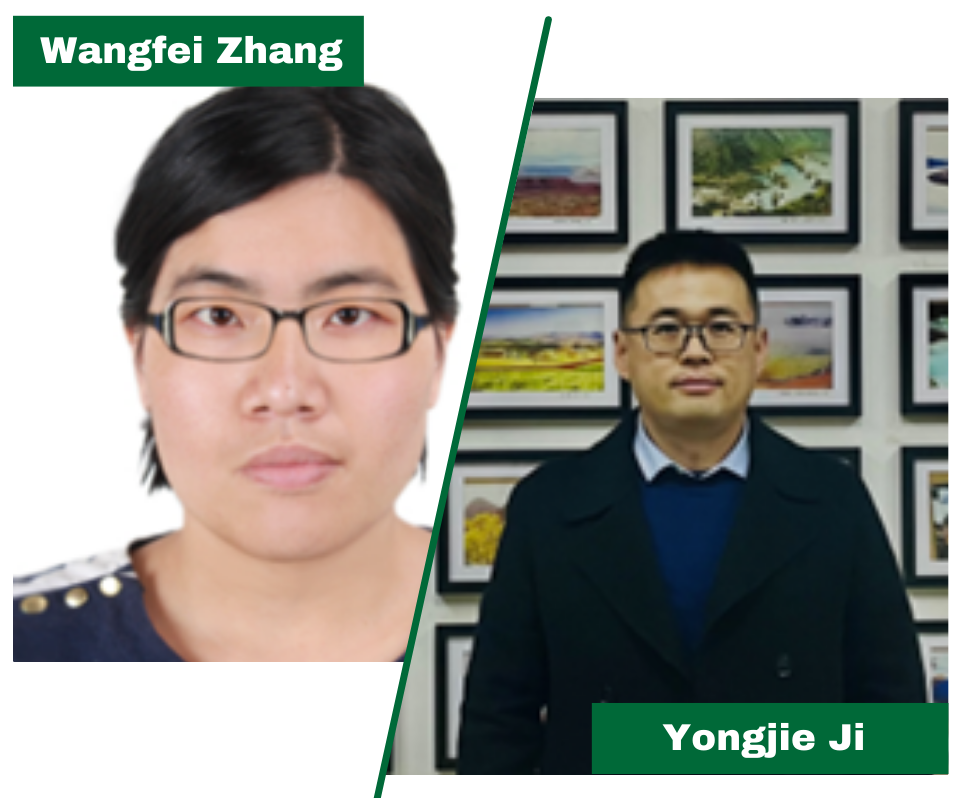Leslie Mabon, Lecturer in Environmental Systems, School of Engineering and Innovation, Open University.
The talk will be of interest to researchers working on climate change adaptation, extremes and resilience from both a social and natural science perspective, as the social science research I will present is supported by wider natural science and remote sensing based research into how temperatures and green coverage vary across Glasgow.
The talk also engages with how residents in potentially over-researched communities can be connected in applied research, and in how this can then feed into policy and planning processes. This may be of interest to people working at local or national government in urban planning and environmental management, as well as those working in environment or conservation for third-sector organisations.











